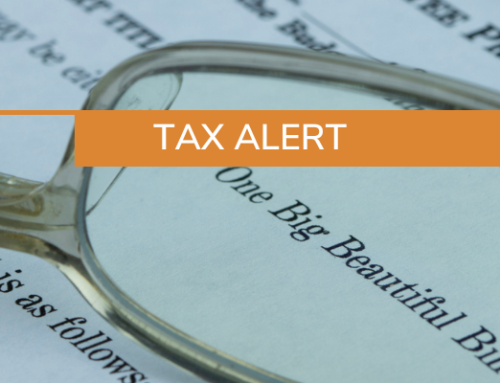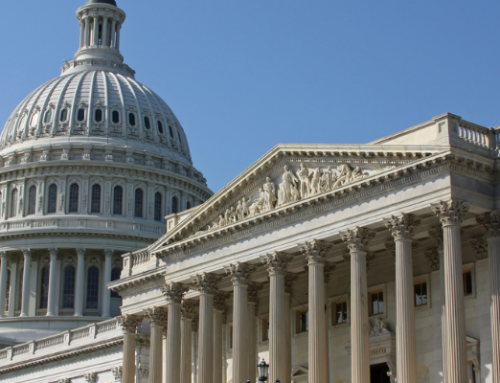Proposed Legislation
On Friday the House of Representatives passed H.R. 6201, the Families First Coronavirus Response Act. The legislation will be voted on by the Senate this week. This act has bi-partisan support and is expected to pass quickly. Once enacted, this bill has implications for many of our clients.
H.R. 6201 creates an emergency paid leave program for coronavirus-related situations. There are two categories: Coronavirus Emergency Leave and Emergency Sick Leave. Each category has its own rules and both provide employer tax credits. Read on for the details:
Coronavirus Emergency Leave (FMLA expansion)
Applies to: Private sector employers with fewer than 500 workers and government entities (see below for possible exemptions)
Situations Covered
Employees who must:
- Comply with a requirement or recommendation to quarantine because of exposure to or symptoms of coronavirus
- Provide care to a family member who’s complying with such a requirement or recommendation
- Provide care for a child younger than 18 whose school or daycare has been closed because of coronavirus
Pay Requirements
- First 14 days – could be unpaid, though employees may choose to use accrued personal/vacation/other paid leave available
- After 14 days – workers would receive a benefit from their employers that will be at least two-thirds their normal pay rate
Time period: Though December 31, 2020
Labor Department would be authorized (but not required) to issue regulations:
- To exclude certain health-care providers and emergency responders from paid leave benefits
- To exempt small businesses with fewer than 50 employees from the paid leave requirements
Emergency Sick Leave
Applies to: Private sector employers with fewer than 500 workers and government entities
Situations Covered
Employees who:
- Self-quarantine
- Obtain a medical diagnosis or care for coronavirus
- Provide care for a family member who has been diagnosed or is in quarantine or for a child whose school or day care has been closed due to coronavirus
Pay Requirements
Provide employees with paid sick time off
- Full-time employees – receive 80 hours of sick leave
- Part-time employees – granted paid time off equivalent to their schedule or normal work hours in a two-week period.
- Rate: Full Pay rate
- Exception – pay at two-thirds for providing care for other
- Paid sick time could be carried over from year to year
- Cannot require a worker use any other available paid leave before using sick time
- Employers who have existing paid leave policies must still issue emergency sick leave
Acts prohibited
- Requiring employee find a replacement worker
- Discharging or discriminating against workers for requesting paid sick leave
Employer Tax Credits
This legislation would provide payroll tax credits to employers to cover wages paid to employees under both the Coronavirus Emergency Leave and the Emergency Sick Leave.
Coronavirus Emergency Leave (FMLA Expansion) Credit:
- As much as $200 per day per employee
- Limit: Maximum of $10,000 per employee
Emergency Sick Leave Credit:
- As much as $511 per day per employee while the employee is receiving paid sick leave to care for themselves
- As much as $200 per day per employee if the sick leave is to care for a family member or child whose school is closed
- Limit: Maximum of 10 days per employee
Credits would be in effect for the remainder of 2020 and would be refundable to the employer if the amount exceeds the amount the employer owed in payroll tax.
The details on claiming these credits are pending specific Treasury and IRS guidance.
Self-Employed Tax Credit
The measure provides similar relief in the form of a refundable tax credit against self-employment tax. Self-employed individuals would qualify for sick-leave equivalent amounts of the lesser of their daily average self-employment income or the limits described above ($511/day or $200/day). Additional documentation would be required.
Additional Emergency Considerations
The AICPA informed its members on Sunday that, based on their conversations, they anticipate the Treasury and IRS will announce an extension of the April 15 deadline by as much as 90 days. They anticipate a waiver of penalties and interest for many taxpayers. We are watching this situation closely and will inform you of future developments.





